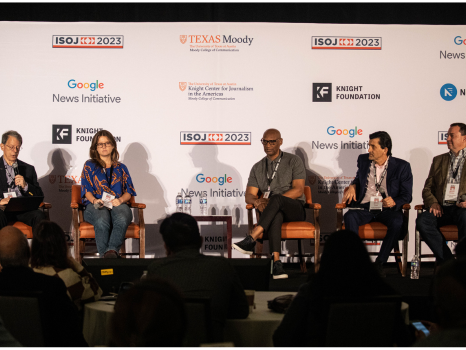
Panelists shared at ISOJ their strategies for reporting climate change and recommendations for where coverage can improve. They shared the importance of making stories more personal for readers, re-imagining storytelling, collaborating in the spread of information and promoting optimism through solutions.
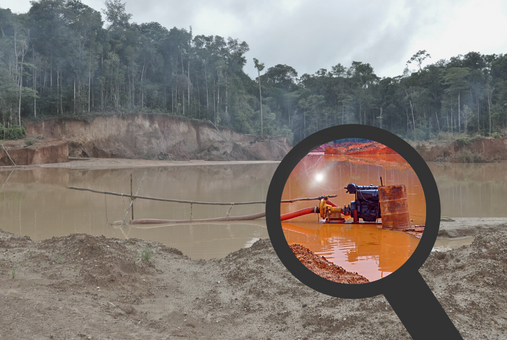
Using satellite imagery and geo-referencing, following the trail of trafficking networks and taking care for the safety of journalist and sources are techniques that journalists Yvette Sierra of Mongabay, Joseph Poliszuk of Armando.Info and freelancer Hyury Potter have applied in their investigations of illegal mining in Latin America.
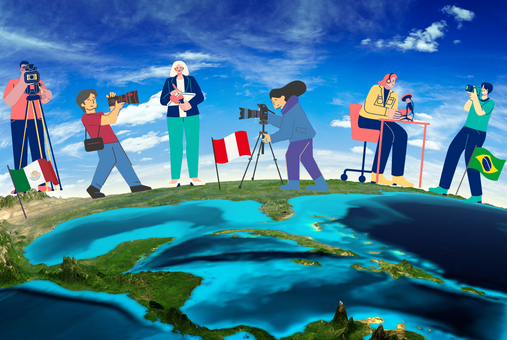
Quinto Elemento Lab, Conexión Migrante, Agência Pública and ((o))eco are some of the new media partners of the Report for the World journalist support program. In its first year of operation in Brazil, it managed to boost journalistic coverage of issues related to the Amazon region.
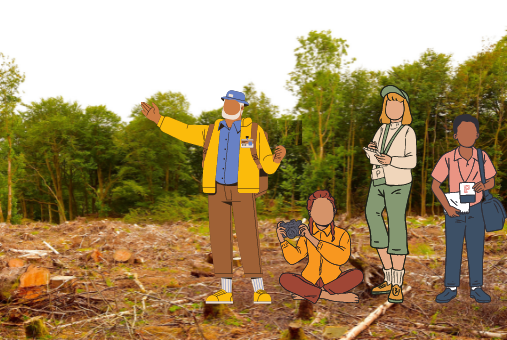
Five South American journalists with experience covering the Amazon rainforest shared some basic measures and tips to consider when covering this vast natural region successfully and safely.
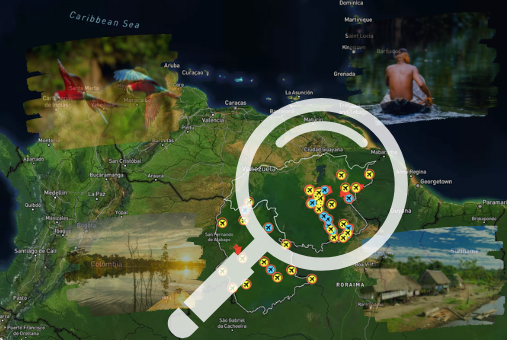
Journalists from Brazil, Colombia and Venezuela are using innovative methodologies, strategies and tech tools to address the environmental and social conflicts that threaten the Amazon, without putting themselves at risk by going deep into the rainforest.
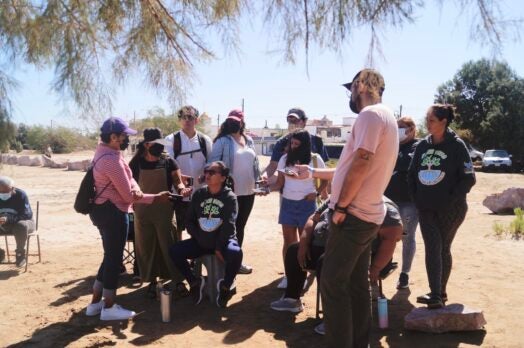
The Mexican organization Causa Natura has launched the Journalism Network of the Sea (Repemar), an initiative that seeks to coordinate journalists interested in marine issues, provide support, guidance, training and financing opportunities. The network also wants to support environmental journalists and minimize the risks suffered when practicing the profession in Mexico.

The Amazon must be covered with a lot of preparation, including local voices, from diverse approaches and without falling into the trap of misinformation, according to participants of the First Amazon Summit on Journalism and Climate Change 2022, held June 9-11 in Ecuador.

Members of La Nación, Data Crítica, CLIP and Bloomberg News developed a workflow that seeks to help journalists with limited technological knowledge to identify visual indicators in satellite images and develop journalistic investigations based on it.
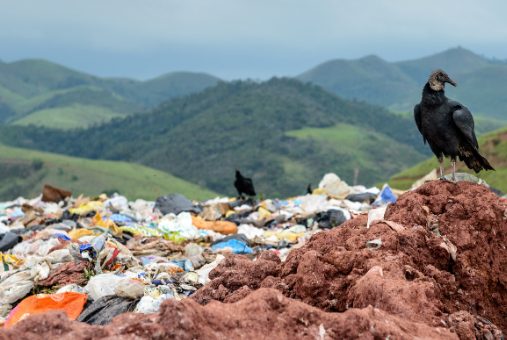
A guide recently launched by the organization Saudé sem Dano (Health Care Without Harm) provides tools for journalists in Latin America to include the perspective of public health in coverage of climate change.
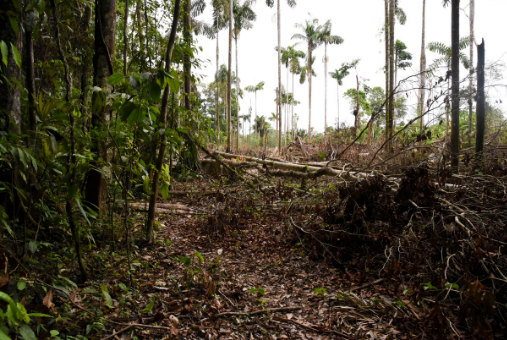
A new fellowship program aims to recruit investigative journalists in South America to cover this vast area and one of the biggest stories of our lifetime: the destruction of the world’s rainforests.
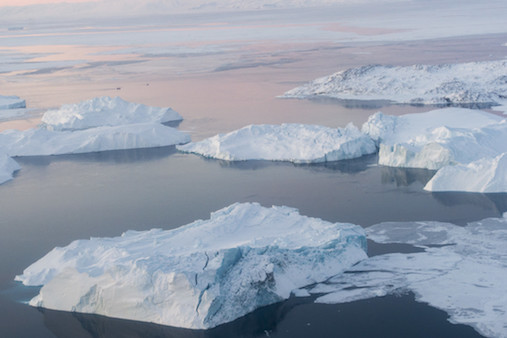
Thiago Medaglia, a Brazilian journalist who reports on the environment and science, is among the ten professionals chosen to participate in the Knight Science Journalism fellowships at the Massachusetts Institute of Technology (MIT) in the United States.

The intense mining activity that takes place in a vast area of the Venezuelan Amazon inspired a group of journalists interested in social and environmental issues to work collaboratively across borders.